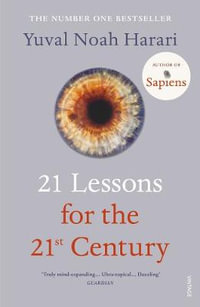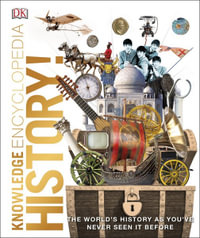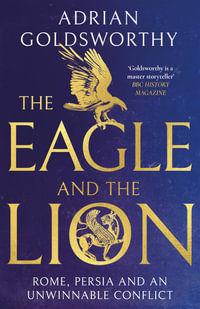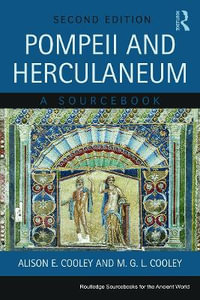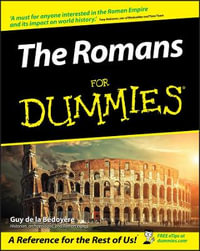When the Romans adopted Greek literary genres, artistic techniques, and iconographies, they did not slavishly imitate their models. Rather, the Romans created vibrant and original literature and art. The same is true for philosophy, though the rich Roman philosophical tradition is still too often treated as a mere footnote to the history of Greek philosophy. This volume aims to reassert the significance of Roman philosophy and to explore the "Romanness" of philosophical writings and practices in the Roman world. The contributors reveal that the Romans, in their creative adaptation of Greek modes of thought, developed sophisticated forms of philosophical discourse shaped by their own history and institutions, concepts and values-and last, but not least, by the Latin language, which nearly all Roman philosophers used to express their ideas.
The thirteen chapters-which are authored by an international group of specialists in ancient philosophy, Latin literature, and Roman social and intellectual history-move from Roman attitudes to and practices of philosophy to the great late Republican writers Cicero and Lucretius, then onwards to the early Empire and the work of Seneca the Younger, and finally to Epictetus, Apuleius, and Augustine. Using a variety of approaches, the essays do not combine into one grand narrative but instead demonstrate the diversity and originality of the Roman philosophical discourse over the centuries.
Industry Reviews
"the quality of the papers is consistently high (the acknowledgements at the end of each chapter suggest that all underwent substantial review and revision before publication). They also cohere surprisingly well. Although not always explicitly so, many of the chapters inform one another. Taken together they offer a fine overview of both the ancient material and the concerns of current scholarship. All texts quoted are helpfully given in both Latin and English
translation throughout. Anyone interested in Roman philosophy will want to have a copy of this book." -- John Sellars, Language and Literature
"According to the preface, the volume was designed to answer the question, "Is there a
Latin philosophy?" It certainly succeeds in indicating the specific concerns Romans display in their philosophy as well as the distinct philosophical questions opened up by writing in their language." --Miriam Griffin, Journal of the History of Philosophy
"This volume makes a distinctive and striking contribution by focusing on the question what is Roman about Roman philosophy. The contributors make a genuine and sustained attempt to bring to bear on the subject a combination of philosophical, literary, and cultural perspectives. The result is a highly illuminating collection of new essays." --Christopher Gill, University of Exeter
"This is a wide-ranking and thought-provoking collection...the thirteen papers presented here provide (in addition to many excellent specialist discussions) a rich resource for reflection on those topics." --Notre Dame Philosophical Reviews
"This terrific collection of essays contributes to the discussion by scrutinizing philosophical arguments, historical exempla, and applications of the Latin language to philosophy that are uniquely Roman... As the contributors demonstrate, the Romans did not simply deck out Greek philosophy in the Roman toga...but rather reflected seriously upon Greek thought, and then responded to, adapted, criticized, reframed, and even altered it to suit their own interests
and to appeal to a new contemporary context." -The Classical Journal



